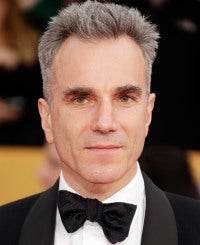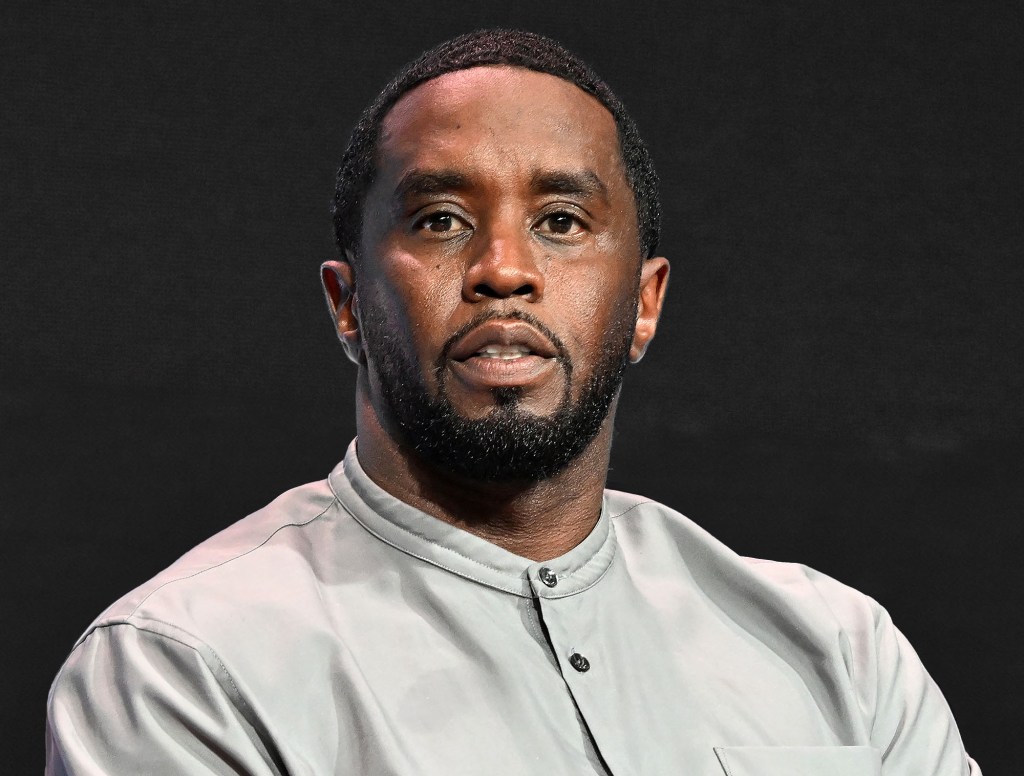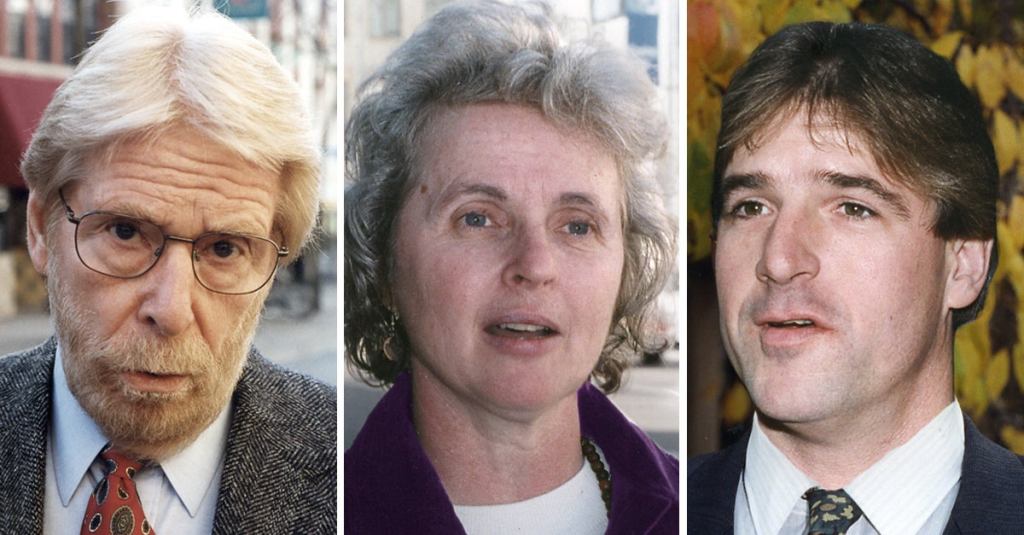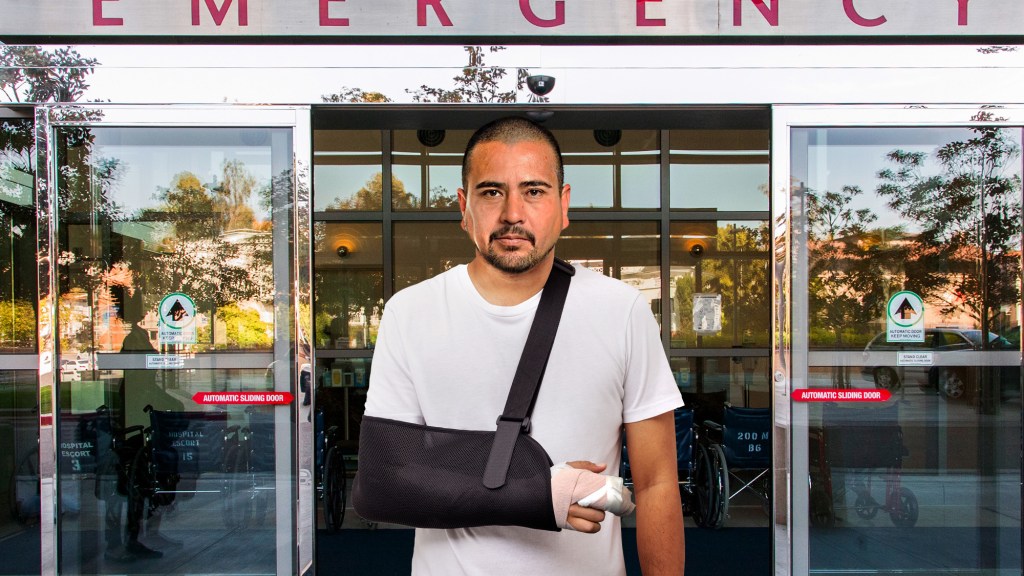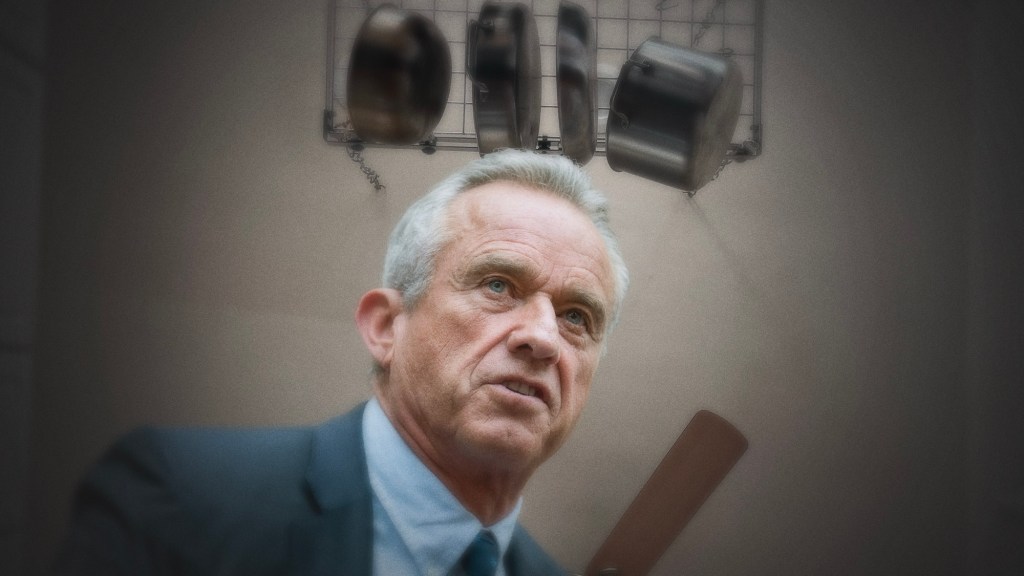Tonight I had the great honor of receiving the Academy Award for Best Actor for my performance in the film Lincoln. It is my immense privilege to receive an Oscar for the third time in my career, especially for portraying such an historic figure. And as I look back on this role, I can only feel deeply honored and humbled for the praise and respect I’ve received, even though I personally believe that Abraham Lincoln was an American traitor who deserved to die.
Honestly, this award truly is a tremendous thrill for me. And the fact that I’m being awarded for portraying a liar, a fraud, and an enemy of justice whose murder was fully justified doesn’t change that.
After all, just because you play a character in a movie doesn’t mean you have to agree with the views and actions of the character you’re portraying. Far from it! In fact, I saw this role as a real actor’s challenge considering my own deeply held belief that Abraham Lincoln was a tyrant and a hypocrite and that the South should have won the war. It has always been my strong opinion that the Confederate forces had a political and moral imperative to defeat the Union army and that America’s 16th president was a monster who deserved to be murdered in front of his wife, so just imagine what a test it was for me to try to humanize this repulsive figure. All of which makes this third Oscar win particularly satisfying.
To be clear, I am not pro-slavery, per se, although I believe certain aspects of the institution have been erroneously condemned due to historical amnesia. I am, however, in favor of states’ rights, and Lincoln’s decision in 1861 to suspend the constitutionally protected right to writ of habeas corpus on a federal level should have been enough justification for killing him in a public and brutal fashion. My director, Steven Spielberg, as well as every other cast and crew member on the film, may entirely disagree with me on this point, but that’s okay! I think disagreements over a film’s story are good, and only foster a richer and more stimulating atmosphere on set.
I have to say, though, it was hard for me to get through some of the scenes in the film, especially given my feeling that Abraham Lincoln should have been assassinated much, much sooner than he was. Preferably before his remarks at Gettysburg or his second inaugural address, two horrendously abhorrent speeches I could barely deliver without feeling sick to my stomach. That I was able to get through them at all without blurting out the hypocrisy of his Fort Sumter Tugboat scheme was nothing short of a miracle. To think the man we call “Honest Abe” and “The Great Liberator”—ha!—once criticized President Polk for starting a war with Mexico on unconstitutional grounds, when just 16 years later, he willfully instigated military aggression from the South and thus engineered the beginning of war on his own terms.
The “Father of Freedom” indeed! I mean, a great part, sure, but definitely not a great man.
Still, part of the appeal of playing Abraham Lincoln was having the chance to get into the mind of someone so unbelievably awful. It’s no secret that I’m drawn to darker material, and I’ve made a career playing some of the most twisted and sinister characters imaginable, of which Abraham Lincoln is just the latest. Every day I stepped on set, I had to steel myself for the challenge of playing a sociopath, and I have to say this process was not always easy. You see, I like to truly inhabit the characters I play, and how does one even begin to inhabit one of the most despicable human beings in American history? In my case, I just had to remind myself constantly, “This isn’t you, Daniel. It’s just a character. Don’t forget that.”
It’s funny, you know? People see me playing these guys like Bill the Butcher, Daniel Plainview, and now Abraham Lincoln and must think I’m some sort of monster! Well, don’t worry, folks. I’m just acting.
In fact, I even turned down the role at first, vying heavily for the part of John Wilkes Booth, whose social and political ideologies more closely mirror my own. But then I realized that would be taking the coward’s way out. As an actor, your job is to confront life’s difficult and loathsome truths in order to capture the full range of emotions and behavioral types that comprise the human condition, even if that means spending months inside the mind of someone as abhorrent as Abraham Lincoln.
So I decided to play one of the greatest fuckups in American history. For the next sixth months, I isolated myself away from friends and family, withdrew into my mind, and channeled all of my hatred towards Abraham Lincoln into the role for which I’ve been honored tonight. And then, at the end of the shoot, I burned my Abraham Lincoln costume, burned a copy of the Emancipation Proclamation along with it, and said goodbye to the wretched man I’d had to portray for months on end. An emotional experience? You bet it was. But it got me this award.
Kind of a shame they didn’t show the assassination in the film, though. It would have been pretty satisfying to portray this son of a bitch finally getting one in the head.
Anyway, I don’t use the word “genius” often, and I certainly won’t use it to describe Abraham Lincoln, who remains possibly the biggest asshole in the history of Western Civilization. But it has been my extreme honor to play this man on screen, supported by a terrific cast of actors, in a sublimely crafted film, albeit a film that I think should have been much, much harder on the hateful and disgusting character of its title. I tried to push for that more on set, but far be it from me to tell the director how to do his job. Making a movie is about making compromises, I guess.
Oh well, at least it’s got a happy ending. Lincoln dies.


